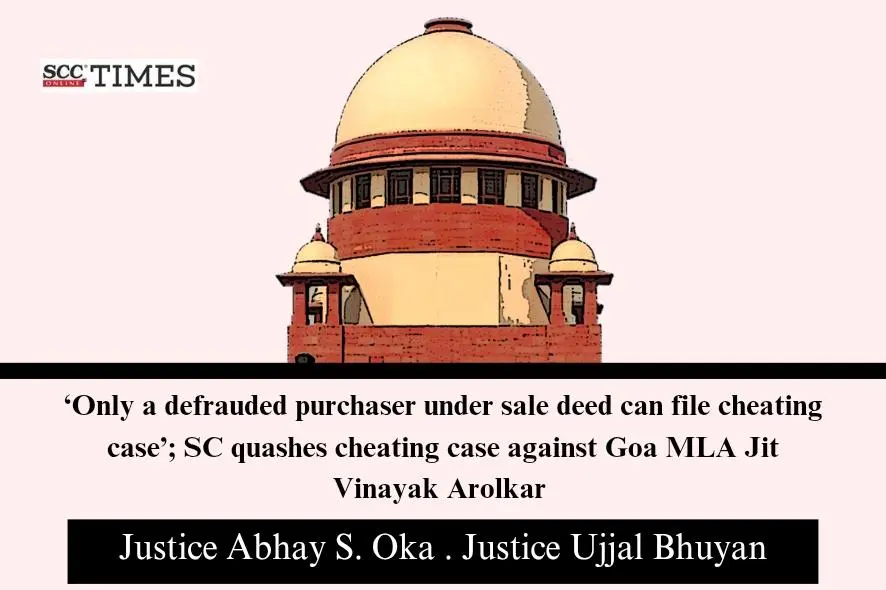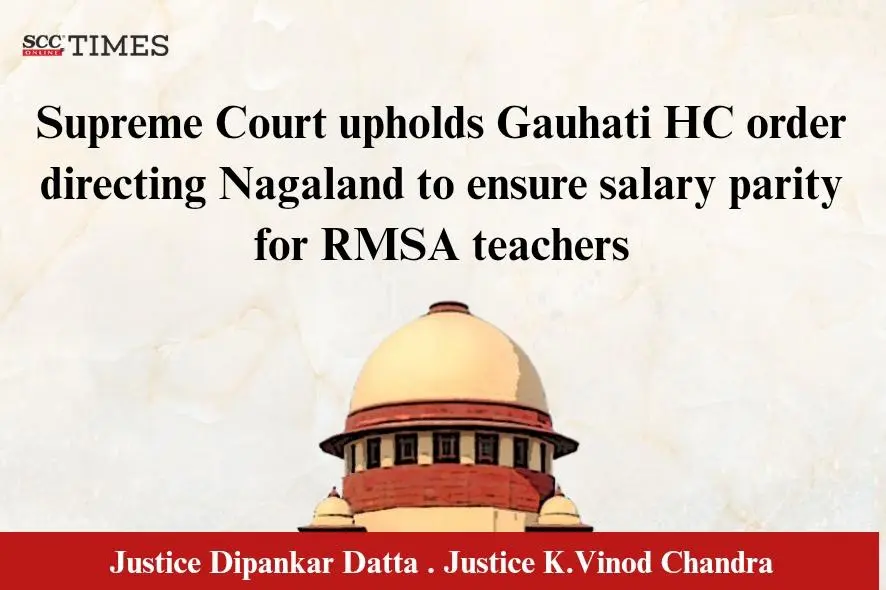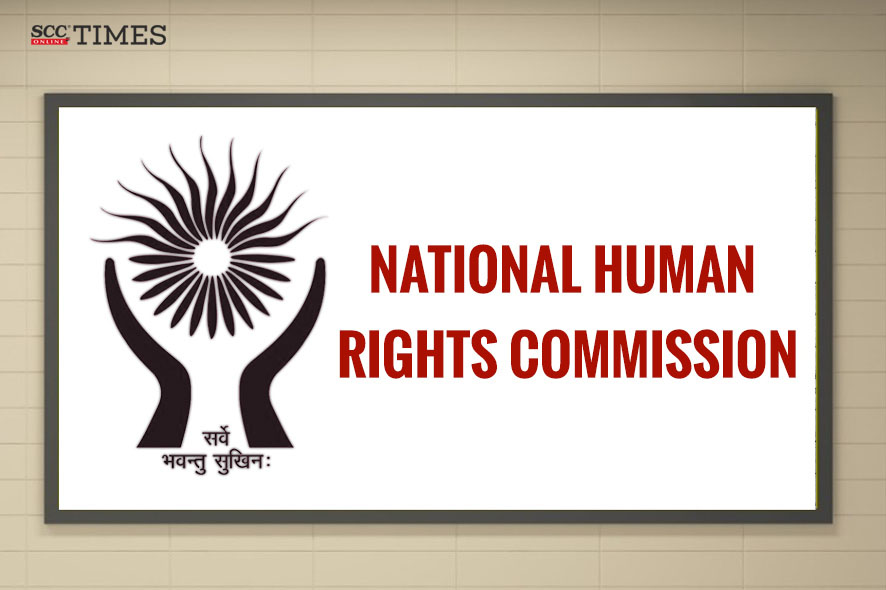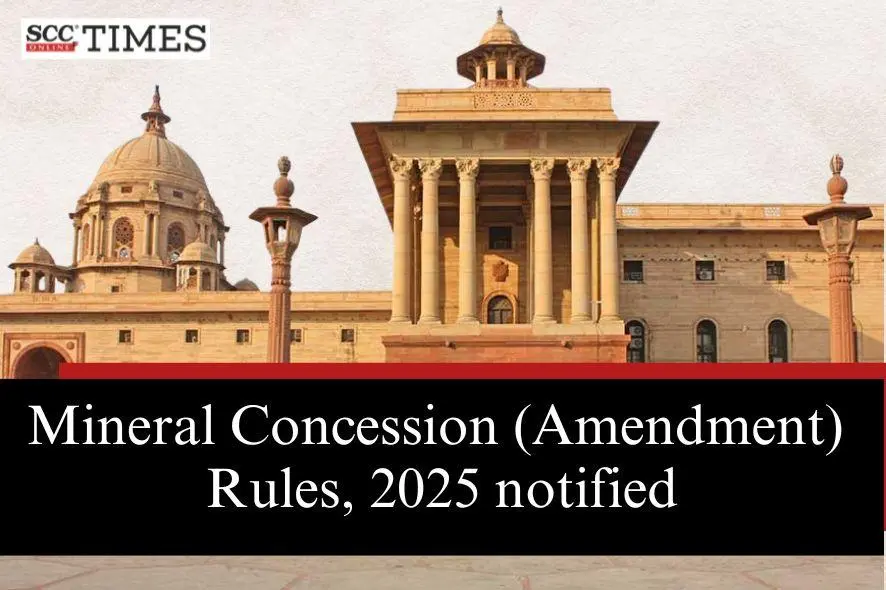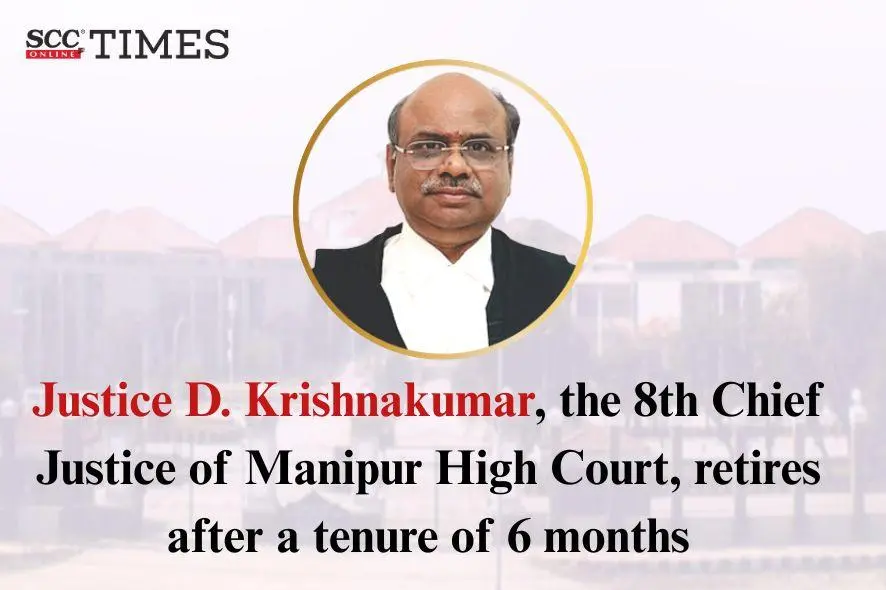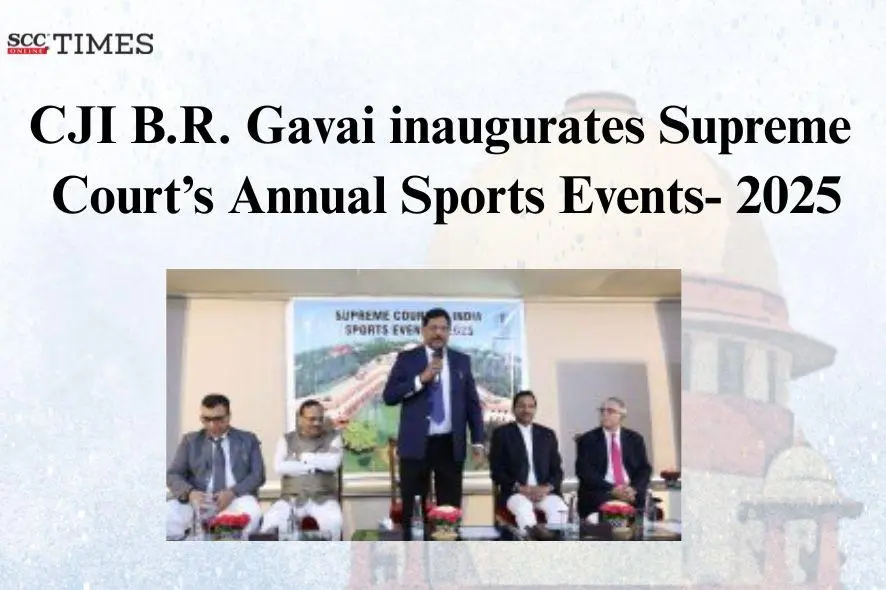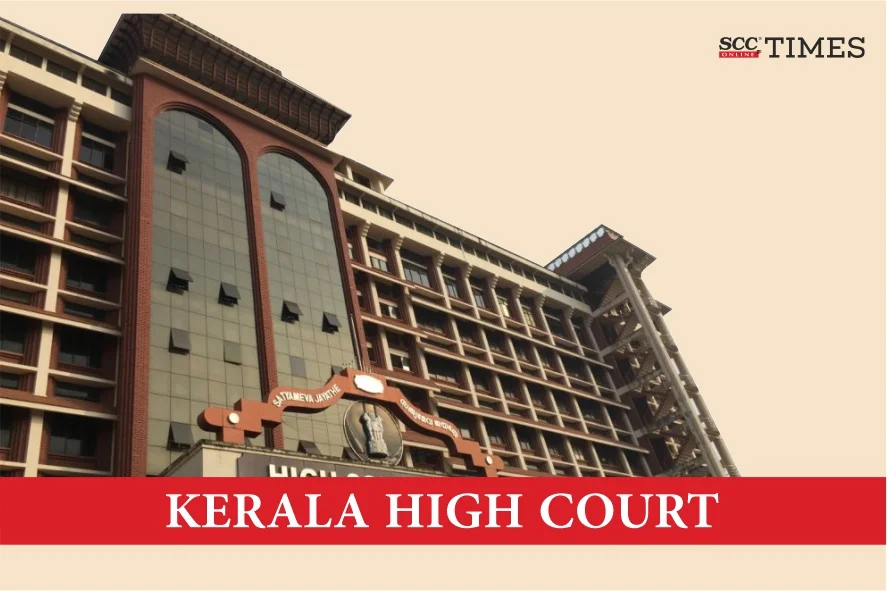Supreme Court: In a criminal appeal against Bombay High Court’s decision, dismissing Goa MLA Jit Vinayak Arolkar’s petition for quashing the First Information Report (‘FIR’) registered for offence punishable under Section 420 of the Penal Code, 1860 (‘IPC’), the Division Bench of Abhay S. Oka and Ujjal Bhuyan, JJ. allowed the appeal and set aside the impugned decision along with the FIR.
Background
The 4th respondent herein, alleged the accused sold a portion of the subject property/disputed property without the consent of all the legal heirs of both co-owners. Based on the said complaint, the impugned FIR was registered by the police. It was alleged that the accused dishonestly misappropriated the property belonging to the 4th respondent, who is a resident of the United States of America and sold the subject property to third parties. The accused was granted anticipatory bail by the Sessions Court in connection with the impugned FIR. The accused preferred a writ petition before the High Court for quashing the FIR. However, the same was dismissed.
The case of the accused person was that he is the constituted attorney of the vendors in respect of the subject property under the sale deeds. It was also submitted that apart from being a businessman, he is an active member of the Maharashtra Gomantak Party and is a Member of the Legislative Assembly of the State of Goa.
Analysis and Decision
The Court noted that civil suits were filed by the 4th respondent in October 2018, claiming to be a co-owner or person with an undivided share in the subject property. Two years after the institution of the said suits, the constituted attorney of the 4th respondent filed a complaint that the subject property was originally owned by the predecessor of the 4th respondent and another. The Court pointed out that two years before the filing of the complaint, declaratory suits were filed by the 4th respondent, which are pending.
The Court noted that the grievance of the 4th respondent was that the vendors under the sale deeds had only an undivided share in the subject property, and they could not have sold the entire subject property under the sale deeds.
Further, the Court said that the purchasers under the sale deeds had not made any grievance about the sale deeds. In this reference, the Court noted that in Mohd. Ibrahim v. State of Bihar, (2009) 8 SCC 751, it was observed that- When a sale deed is executed conveying a property claiming ownership thereto, it may be possible for the purchaser under such sale deed to allege that the vendor has cheated him by making a false representation of ownership and fraudulently induced him to part with the sale consideration. But in this case the complaint is not by the purchaser. On the other hand, the purchaser is made a co-accused.
The Court emphasised that in Mohd. Ibrahim (supra), it was clarified that-
“When we say that execution of a sale deed by a person, purporting to convey a property which is not his, as his property, is not making a false document and therefore not forgery, we should not be understood as holding that such an act can never be a criminal offence. If a person sells a property knowing that it does not belong to him, and thereby defrauds the person who purchased the property, the person defrauded, that is, the purchaser, may complain that the vendor committed the fraudulent act of cheating. But a third party who is not the purchaser under the deed may not be able to make such complaint.”
In the matter at hand, the Court said that it could not understand as to how the accused deceived the 4th respondent and how the act of execution of sale deeds by him caused or was likely to cause damage or harm to the 4th respondent in body, mind, reputation or property. The Court added that the accused had not purported to execute the sale deeds on behalf of the 4th respondent; not purported to transfer the rights; and that there was no allegation that the accused deceived the 4th respondent to transfer or deliver the subject property.
Hence, the Court held that the offence of cheating under Section 415 of the IPC was not made out against the accused. Moreover, the Court said that the complaint was filed by the 4th respondent for the first time after a time gap of two years from the date of institution of the civil suits, and he also suppressed the fact that civil suits were already filed in which applications for temporary injunction was made. The Court held that when there was a dispute over the title, the act of the 4th respondent of setting in motion criminal law two years after the date of filing of the suits amounted to abuse of the process of law.
CASE DETAILS
|
Citation: Appellants : Respondents : |
Advocates who appeared in this case For Petitioner(s): For Respondent(s): |
CORAM :


